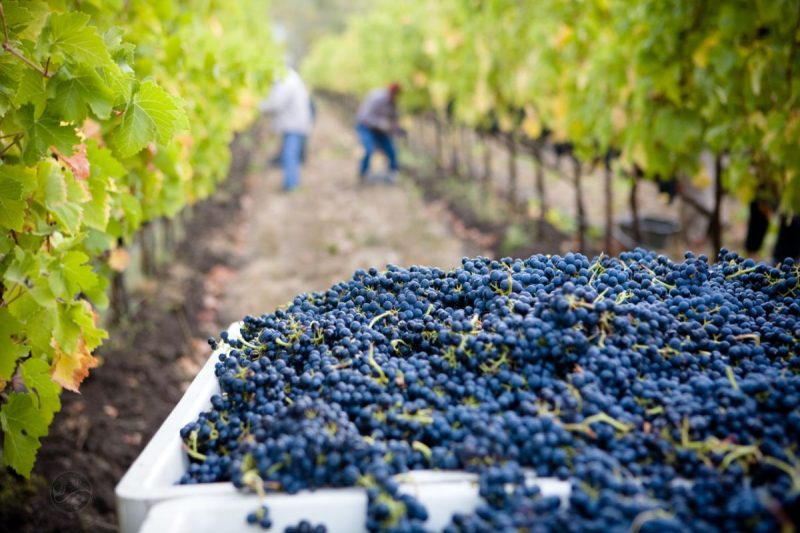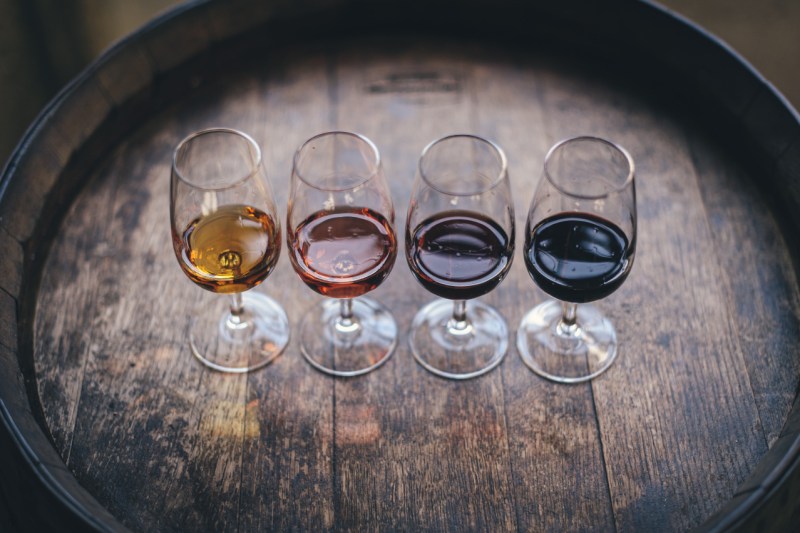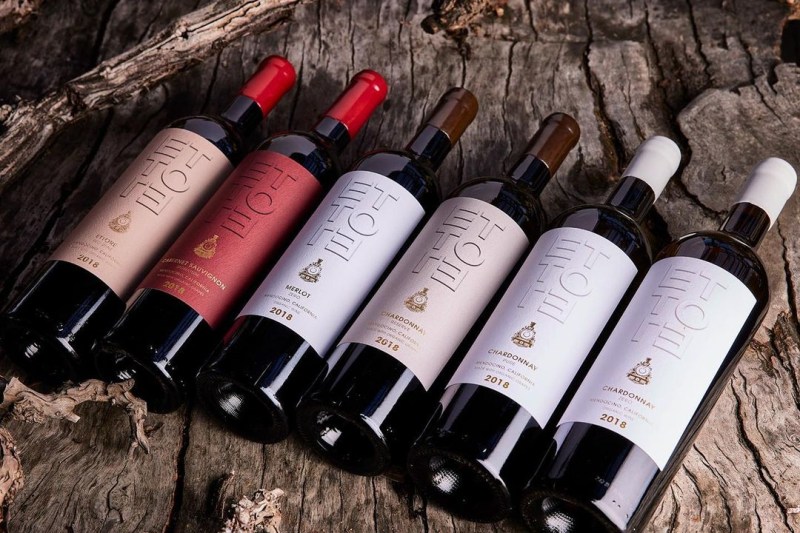
Beyond its endless variety of styles and flavor profiles, wine is also a beverage with fantastic health benefits. In fact, these benefits have been historically embraced in some cultures with impressive results. In France, the rate of heart disease is comparatively low — a curious fact considering the country’s notorious love for butter and cheese. This phenomenon is known as the French paradox. For some health experts, France’s consumption of red wine is the answer to this conundrum. According to the Mayo Clinic, when consumed in moderation, the high level of antioxidants in wine can help reduce bad cholesterol levels.
But not all wines are created equal. At ETTORE, founder and experienced winemaker Ettore Biraghi has made high-quality wines his passion in life. A certified organic winery in Mendocino, California, ETTORE is centered on sustainable farming practices with an emphasis on producing the finest grapes in the wine industry. As an expert on everything wine, Biraghi shared his expansive insights into the health benefits of this alcoholic beverage.
“Wine is a great way to keep your spirits high and happy!” Biraghi said. “Drinking wine in moderation can be healthy, especially when it is well-sourced, organic wine like ETTORE, and is best enjoyed with good company!”

The health benefits of wine
Is wine good for health? While each type of wine features slightly different health benefits, all of them contain antioxidants. Antioxidants are substances that protect cells against molecules called free radicals. These unstable molecules can damage cell membranes and DNA, causing illnesses like cancer and heart disease. The consumption of antioxidant-rich food is believed to counteract the effects of free radicals.
One type of antioxidant that’s common in wine is resveratrol. This particular antioxidant is believed to be particularly potent in reducing bad cholesterol and blood clots. However, studies on resveratrol are not one-sided. While some researchers have positively linked resveratrol to reducing heart disease, other studies have not been able to establish a positive correlation.
Although all wines contain antioxidants, the level can vary depending on the type. For instance, red wine contains a significantly higher level of antioxidants than white wine. However, that doesn’t mean white wine isn’t packing its own list of health benefits. In fact, both red and white wines are believed to help lower cholesterol, heart disease, and the risk of stroke. There’s also another type of wine that’s uniquely beneficial for health — orange wine. This beverage is made from skin-on and seeds included and the white wine grapes in contact with the juice. The result is a vibrant, orange-hued wine that’s not only delicious but also filled with antioxidants and anti-inflammatory properties.
One element that’s central to the health benefits of all types of wine is moderation. Generally, ETTORE recommends drinking about two glasses a day. When combined with a balanced diet, this moderate level of drinking is a great fit for any healthy lifestyle.
Other health benefits of wine
While we covered the benefits above related to the goodness of wine’s antioxidants and heart health, there are other potential health benefits of wine. Some studies suggest that moderate wine consumption may be associated with a lower risk of developing dementia and Alzheimer’s disease. This could be because of the antioxidant and anti-inflammatory effects of red wine, which may help protect brain cells from damage.
Red wine may also have a positive effect on gut health. It may promote the growth of beneficial gut bacteria, which can play a role in digestion, immune function, and overall health. This is likely because of the presence of prebiotics in red wine, which are fibers that feed gut bacteria. Also, some studies have shown that moderate wine consumption may be associated with a lower risk of developing type 2 diabetes. This may be due to the effects of red wine on blood sugar levels and insulin sensitivity.

What makes organic wine different?
Nowadays, many consumers and food producers are highly concerned with the sustainability of their products. The wine industry is no different. Organic wine production is centered on growing practices that respect the environment while also producing wine free of chemical residues.
“Although I can not speak to other producers’ processes, our process works to respect the soil and characteristics of the grapes,” Biraghi said. “With minimum tillage in the winery, we try to respect the natural process of wine production following the natural attitude of the different grapes.”
At ETTORE, they follow the organic vineyard and winery processes set forth by the CCOF (California Certified Organic Farmers). CCOF certifications were founded in 1973 and pre-date any federal legislation on organic practices. In fact, CCOF certification standards are the foundations for the now-common USDA Organic certification.
There is some debate among experts on the individual health benefits of organic versus conventional farming. Certain experts remain skeptical; stating there isn’t significant evidence that backs increased nutrition in organic foods. However, if produced with careful organic practices, the environmental benefits are undeniable. For fruit like wine grapes, the lack of chemicals in the growing process is a huge selling point for drinkers. For many people, drinking wine free of conventional pesticides is a highly prized health benefit.

ETTORE wine recommendations
ETTORE has a great selection of red and white wine that’s delicious and rich in antioxidants. For red wine, an excellent option is their 2018 Cabernet Sauvignon Signature. Made from organic red grapes, this wine is dark and rich, layered with creamed plum notes and a hint of juniper berries. It’s a complex wine that’s fantastic by itself or served alongside the centerpiece of a celebratory meal. Biraghi also recommends their Ettore Rosso (a blend of Cabernet, Petit Verdot, and Merlot), which has a great concentration of tannins and antioxidants. Like most red wine, the Rosso is an excellent pairing for red meat like a dry-aged ribeye tomahawk.
ETTORE even has a line of wine that caters to individuals sensitive to sulfites. This line, called ETTORE Zero, features both red and white wine with no sulfites (less than 10 ppm). An exceptional option in the Zero line is the Chardonnay Zero, silky white wine with the flavors of pear, fig, and hazelnut. Biraghi likes to pair this white wine with spicy seafood, a classic combination. “It is powerful and creamy, thus able to combine well with various spices,” Biraghi said.



